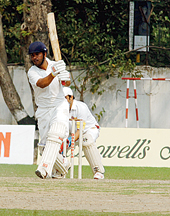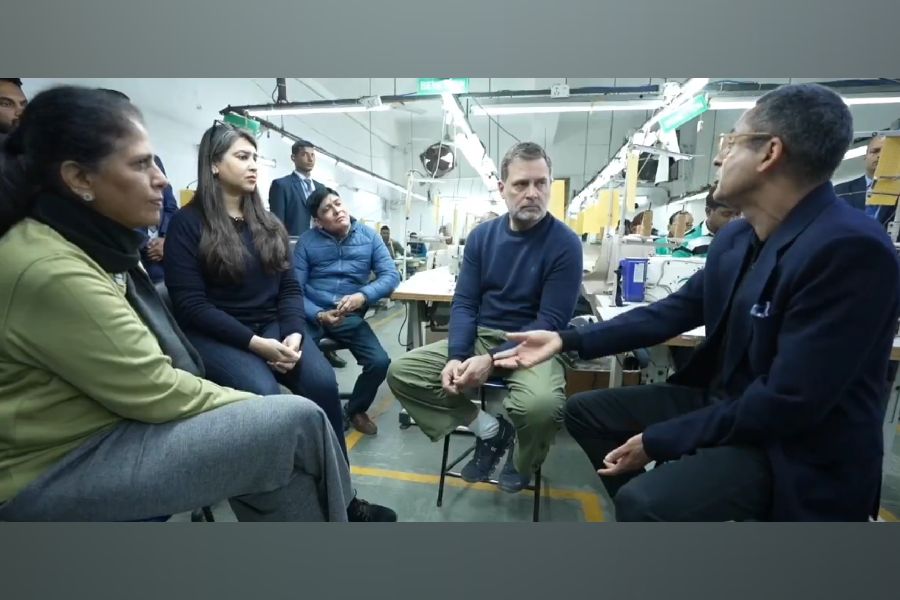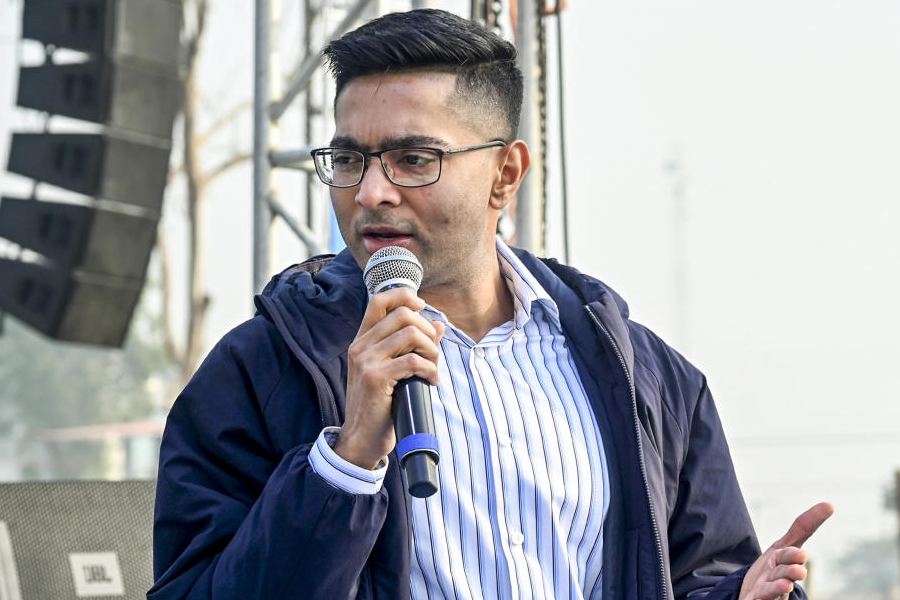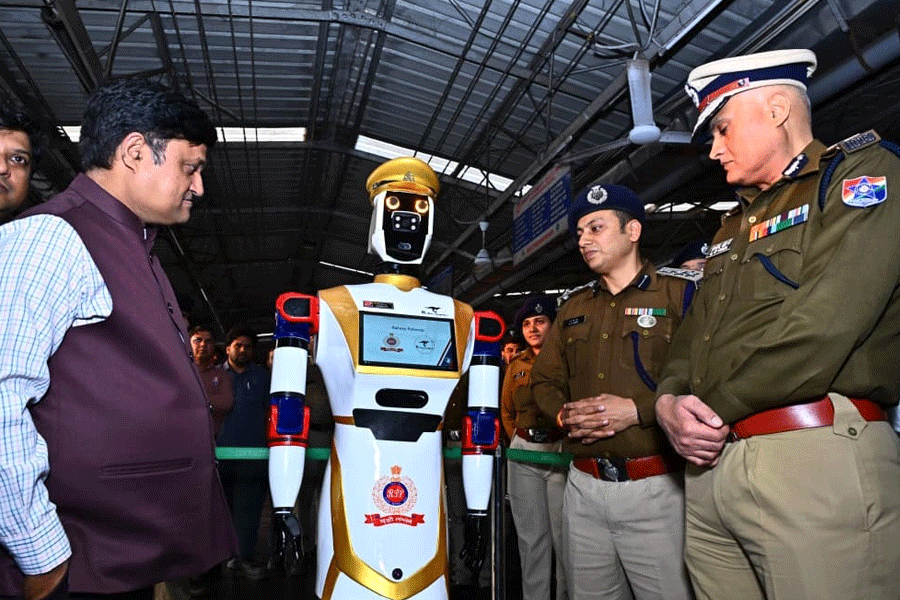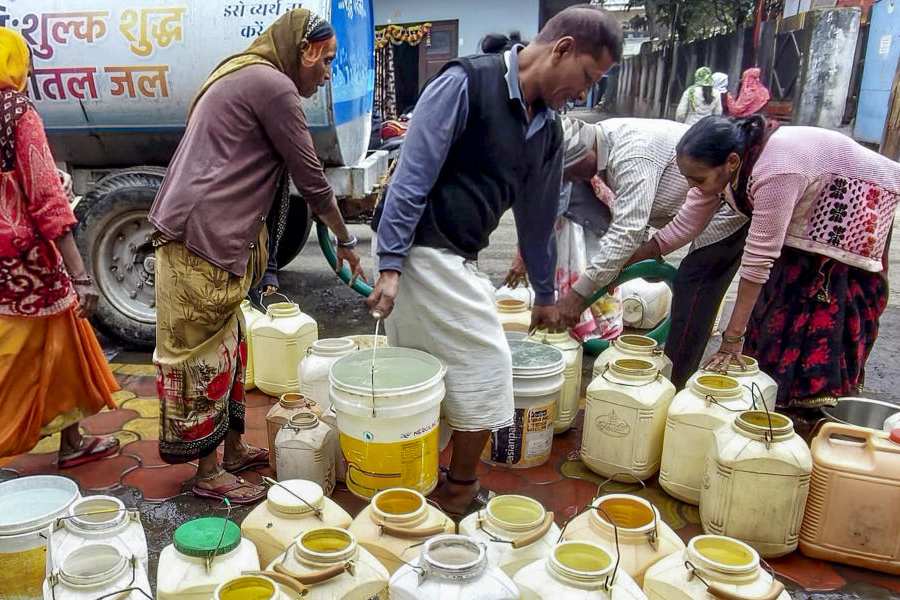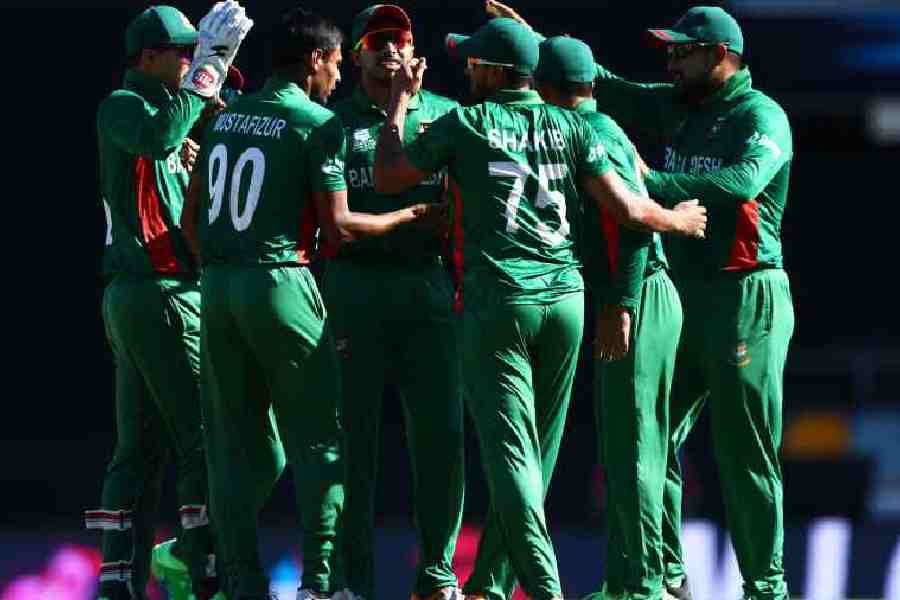 |
| Calcutta Cricket and Football Club was set up in 1782 |
With the IPL fever running fairly high in these and other parts, it seems apt to recall the first-ever cricketer to score a century in Calcutta, and possibly in the Indian subcontinent. History records the name of one Robert Vansittart, who hit 102 in a “Grand Match of Cricket” held between Old Etonians and the Rest of Calcutta, on January 18 and 19, 1804, a small matter of two centuries ago.
As is well known, the Calcutta Cricket and Football Club (CC&FC) had come into existence in 1792, and is said to have played a match against Barrackpore and Dum Dum that year. No record of this match exists. But we do know the scores for the 1804 match, in which the Old Etonians inflicted a crushing defeat on the Calcuttans, by an innings and 80 runs. Batting first, the Old Etonians compiled a healthy 232, of which Vansittart’s share was 102. Other players of note in the match were Charles Metcalfe, later to be governor-general, and two sons of the chief justice Elijah Impey.
Who was Robert Vansittart? An 1800 number of the Asiatic Annual Register announced his appointment as assistant to the register of the Dewani court of Chittagong district. One doubts if there was much cricket to be had at Chittagong, and in January 1803, we find him appointed as secretary to the board of trade, doubtless a promotion of some sort. Then on August 26, 1807, Vansittart became additional commissioner for superintending the Town Hall lotteries. But that is pretty much all that is known about the first centurion of Calcutta.
Other members of his family fared considerably better though. His father, Henry Vansittart, arrived in India in 1759 and succeeded Robert Clive as the second, and largely venal and incompetent, governor-general of Bengal. It was he who deposed Mir Jafar and instated Mir Kashim as the Nawab of Bengal. He was drowned off the Cape of Good Hope in 1770. He had five sons, of whom the most famous was Nicholas or the First Baron of Bexley, who became Chancellor of Exchequer in 1812-1813. Strangely enough, brother Nicholas was to be attacked in 1820 by his political opponents for his “lottery mania”.
Another famous family member was Henry’s brother, Robert, Regius Professor of Civil Law and a fellow of All Soul’s College Oxford, noted for his proximity to Samuel Johnson.
The tradition of the match with the Old Etonians carried on for several decades. In February 1824, the Etonians defeated the Calcutta team in a close match by 16 runs, or “notches”, as runs were then called. A certain Shakespear appears to have played for the Calcutta team. The 1837 match also resulted in a six-wicket victory for the Etonians. No century was however scored in any of these matches.
The writer teaches English at Jadavpur University

